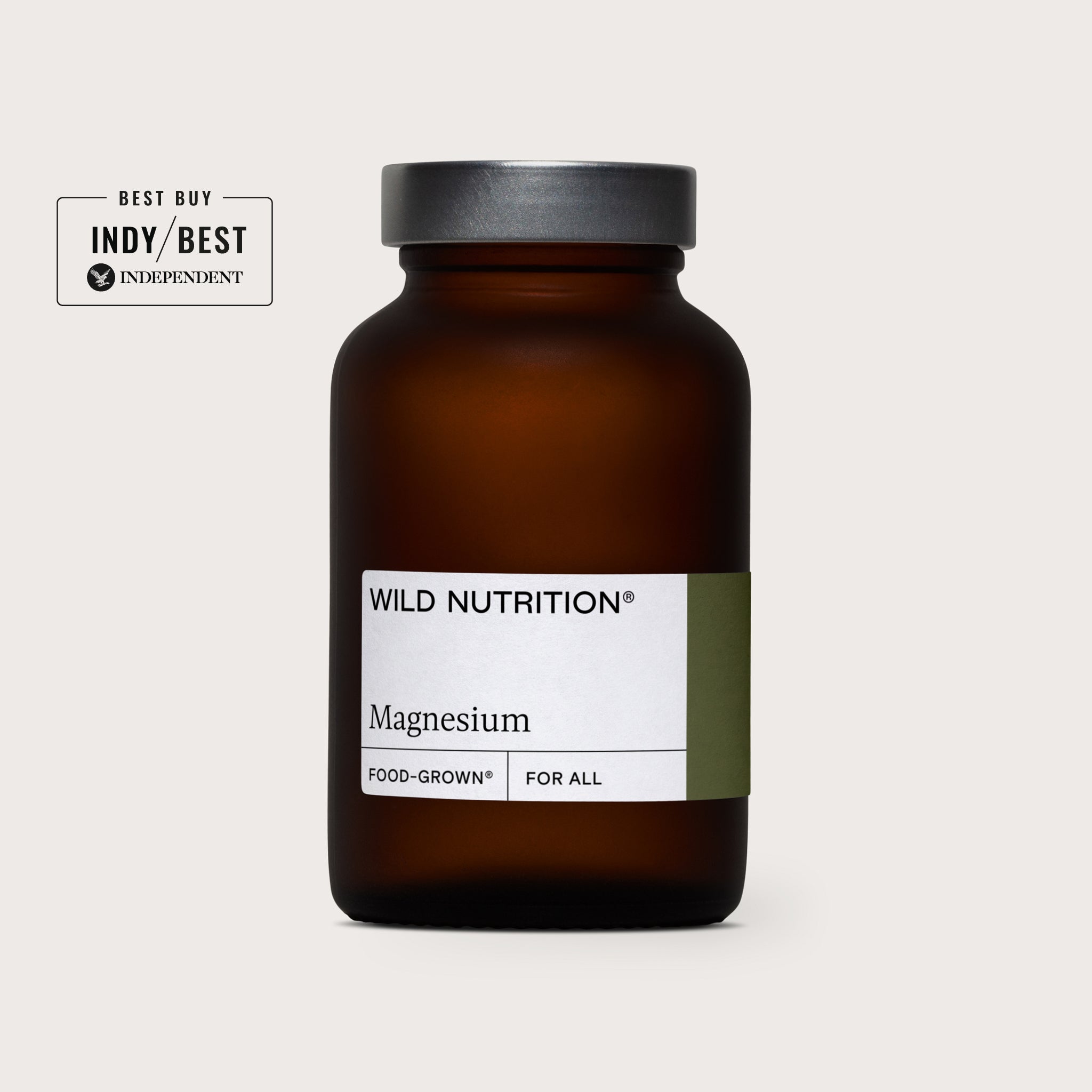
Nutrition for pregnancy & motherhood
BY SASHA PARKIN, Nutritional Therapist at Wild Nutrition.
Pregnancy and new motherhood are the two most nutritionally demanding chapters of your life. From the first trimester to postpartum and beyond, each stage is transformative, both for the mind and the body. Your diet and lifestyle choices play a pivotal role in supporting you as you navigate these changes, but with a sea of information out there, it can often be overwhelming to know where to start.
Great nutrition doesn’t have to be complicated. We’ve pulled together an easy, digestible guide on the beneficial nutrients that will support you and your baby at every stage of your journey together, helping to tackle hormonal surges and energy levels from breastfeeding to recovery, all with links to delicious recipes for inspiration.
First trimester
At this stage, hormone surges can lead to fatigue and nausea, while your baby will be going through intensive growth. Key nutrients to look out for include energy-supporting B vitamins, hormone-balancing B6 and Folate, essential for foetal neural tube development.
Look out for...
B vitamins: dark leafy greens, nuts and seeds
Folate: you’ll need 400mcg daily in the first trimester, so a quality multi nutrient is key.
Seeking inspiration?
Why not try our Green & Gracious smoothie recipe?
Second trimester
While pregnancy is no walk in the park, many women find this trimester the gentlest on the body. Energy levels may start to level out, and nausea may subside. At this stage, Calcium and Magnesium play a key role as your baby's bones start to harden and muscle function becomes more pronounced. As their human shape also starts to take form, Vitamin B12 is essential for their nervous system development.
Look out for...
Calcium: dairy, greens, tofu and orange juice
Magnesium: nuts, seeds and beans.
Vitamin B12: meat, fish, eggs and dairy.
Seeking inspiration?
Look no further: Wholesome pulse salad & fresh mint dressing.
Third trimester
At this point, your usual movement may feel more restricted. Allow a slower pace as your body prepares for birth. Optimise protein for tissue and organ growth and to stabilise your blood sugar levels and support immunity.
Meanwhile, your baby continues to grow each week of the last trimester, with their organs now developing. Building iron stores is crucial for blood formation and oxygen transportation, which your baby will rely on for the first six months of life.
Look out for…
Protein: meat, fish, eggs, dairy, tofu, nuts and seeds.
Iron: red meat, beans, and leafy greens are all rich sources of iron.
Seeking inspiration?
Our nourishing on-the-go grain bowl contains a range of proteins and antioxidants.
First three months
This stage can be a blur - you’re still undergoing significant changes as hormone levels fall and the body works hard to heal. Vitamin D is key for a healthy immune system, which sees changes postpartum. Skin-to-skin and bonding time will also support this transition as you both adapt.
Look out for…
You can’t get enough Vitamin D from diet alone, so sunlight and supplementation are vital.
Seeking inspiration?
This protein super smoothie is a quick way to support energy levels when time is limited.
First six months
You may now be adjusting to the new routine with your body still working to cater to the additional demands of motherhood. Fibre supports the gut-brain axis, which influences your mood, cognition, the neurotransmitters in your brain, and your sleep.
As new milestones are reached, your baby requires plenty of nutrients to support their growth and cognitive development.
Look out for…
Great sources of fibre include sweet potato, leafy greens, berries, apples and pears.
Seeking inspiration?
Try our brown rice Kedgeree recipe.
To save time and mental load, batch cooking is a great go-to, making soups a perfect solution. Try our watercress & spinach or kale & sweet potato soups.
Breastfeeding?
Your maternal stores are utilised in breastfeeding, so a regular intake of essential fatty acids from sources like oily fish is key for your baby’s cognitive health. The below vitamins and minerals are also essential to ensuring nutrient-dense breast milk:
-
Calcium
-
Iodine
-
Iron
-
Vitamins A, D3, and E
-
Zinc
Look out for…
Omega 3: oily fish such as mackerel, herring, salmon and sardines), nuts and seeds
Other nutrient-abundant foods include spinach, sweet potatoes, lean meat, eggs, dairy, beans, lentils and wholegrains.
Seeking inspiration?
Try our grilled mackerel, sweet potato & watercress recipe for Omega 3-rich goodness.
Protein-powered bliss balls are also a great on-hand snack for when you are feeding to keep your energy levels up.
Summary
Pregnancy nutrition can be simple with the right foods, supplements and easy recipes. However, if you still need further support or have any questions from here, lean on us. Book a free nutrition advice call to chat with our expert team of Nutritional Therapists.
For more useful resources, you can head to our Pregnancy Hub, while our Founder & Formulator, Henrietta Norton’s brilliant Pregnancy Nutrition Guide draws on over 17 years of experience and serves as the ultimate nutritional companion from preconception through to motherhood. Packed with need-to-know nutrients, symptom management advice and delicious recipes.












